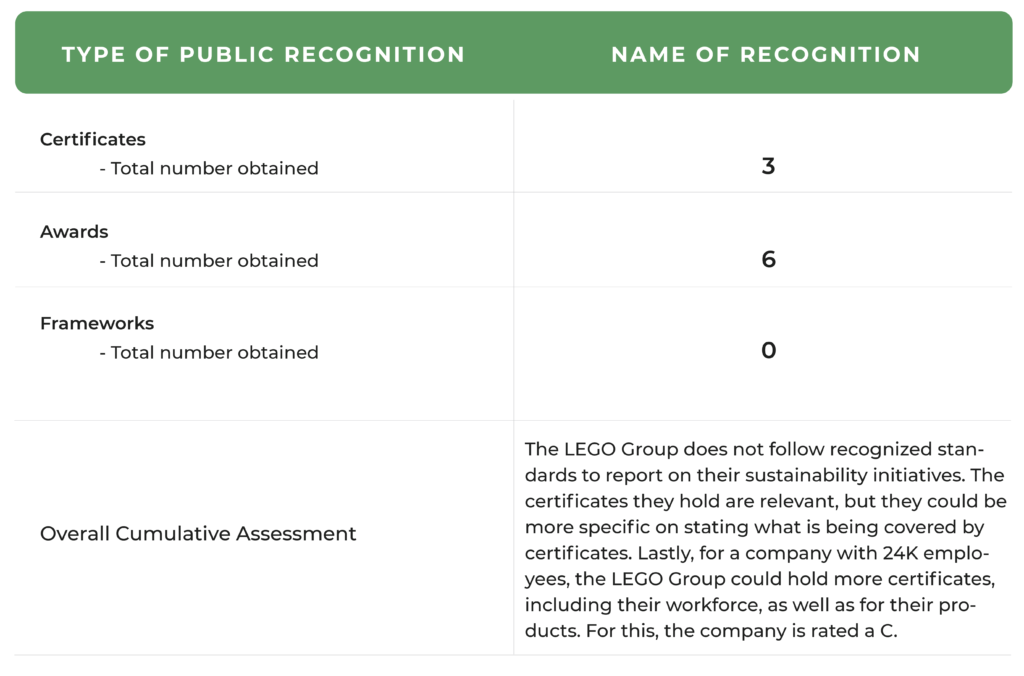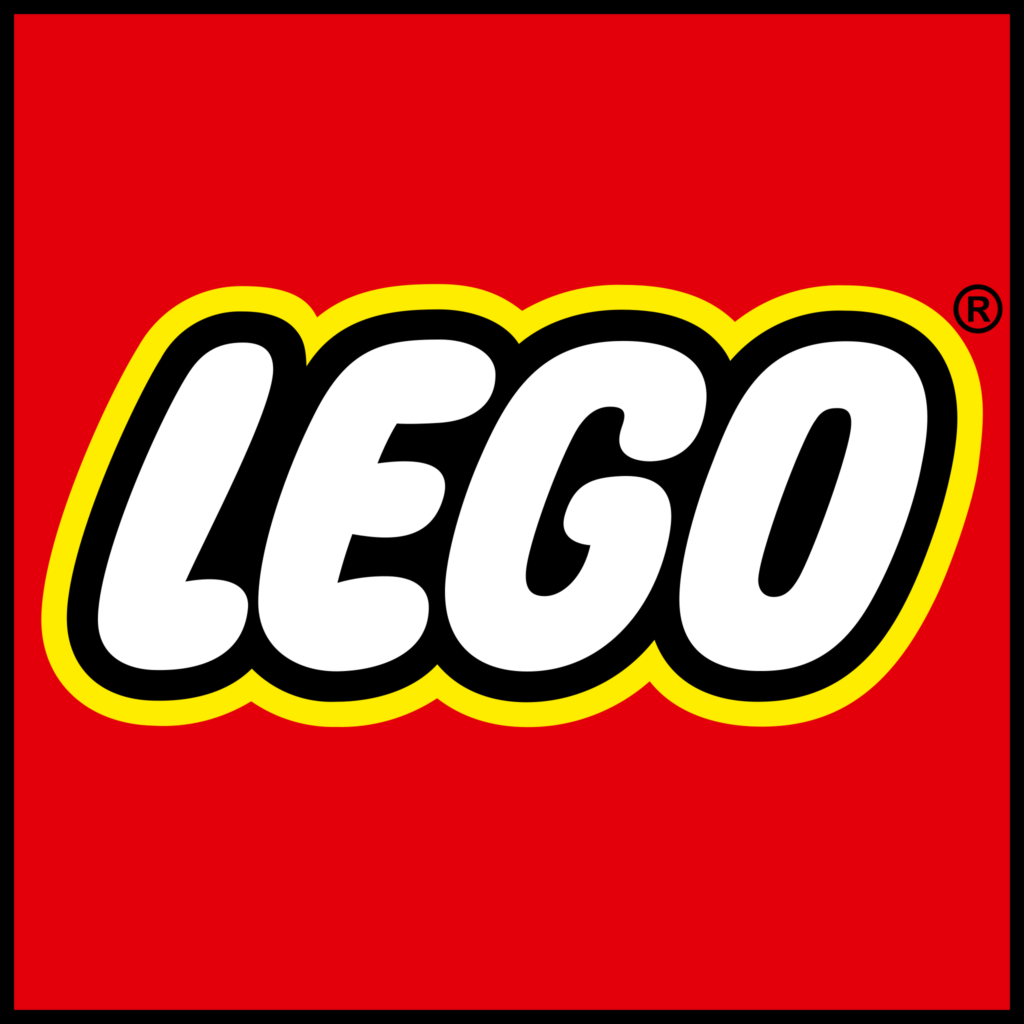
RATING

Positive
SECTOR
Toy and Hobby Goods and Supplies Merchant Wholesalers
Chief Sustainability Officer
Andrew McMullen
Contact Details:
LinkedIn
Stock Exchange and Ticker
Privately held company
Website
Contact
T: +45 79 50 60 70
Fax: +45 75 35 33 60
Listing
- #19 World’s Top Female-Friendly Companies (2022)
Awards
- CDP Climate Change 2021 – A ranking
- CDP Forests 2021 – C ranking
- #3 most highly regarded global company on Global RepTrak 100.
- ‘Company of the Year, 500+ Employees’ by the Danish Diversity Awards.
- ‘Best Brand or Marketing Campaign’ by the 2022 British LGBT Awards for ‘Everyone is Awesome’ LEGO set.
- 2021 Play for Change Awards Announced
- Empowerment category – Bronze Award winner: The LEGO Group for LEGO® Braille Bricks (the LEGO Foundation)
- Future Skills category – Gold Award winner: The LEGO Group for LEGO® Education SPIKE Prime Set
Revenue
€ 7,435.3M
Market Capitalisation
None
Employees
24,484
Content source
Lego Sustainability Report
Evaluation of Lego
Lego is a most loved toy and a cultural item for many. Lego is not only a toys company but also, similarly to Disney, has an extended franchising in toys, video-games and even amusement parks. Being their main products entirely made of plastic, and because Lego is the world’s most valuable toy brand for the 9th year running, it is good to shed light on their sustainability plans.
The Sustainability Report of the LEGO Group has been approved by the Executive Management and the Board and it refers to the reporting period between 1 January to 31 December 2021. The LEGO Group could be applauded for their sustainability initiatives, such as marketing their products gender-neutral or research into sustainable materials, but unfortunately the targets they set and the progress to meet them are not easily measurable throughout the report.
For example, only in Europe they managed to use sustainable materials in packaging, to expand more in 2022. When it comes to the main LEGO bricks, after 3 years of research, in 2021 they unveiled a prototype brick made from a recycled material, PET plastic bottles. The problem with plastic pollution is older than 3 years so one can argue that it is quite recent for the company to start looking for an alternative.
When it comes to supply chain management, there are initiatives for the most carbon-intense suppliers to commit to CDP carbon disclosure system by 2022, but it is hard to assess how many suppliers are left, as in 2021 80 committed already. Regarding Human Rights and Modern slavery, it seems that LEGO has policies in place and is auditing suppliers for performance, and although they state percentages, it doesn’t appear to be fully transparent on how the compliance is ensured among suppliers.
With regards to social aspects, LEGO group has a combination of targets and initiatives such as the priority for zero accidents in factories, stores and offices which in 2021 was 0.4, the number of lost time injuries per million working hours. Partnership with United Nations Women’s Empowerment Principles (WEPs) shows commitment to advance gender equality in workplace, marketplace and community, new Gender Balance Policy to improve the diversity and gender balance at all organisational levels.
In terms of certificates, the LEGO Group holds environmental management standards for all of their locations and expects new offices to meet Gold level of LEED certifications. For a company this size, more awards are expected in terms of workforce, products or consumers, compared to what they actually have achieved. The company does not follow any international recognized standards when it comes to sustainability. Pricewaterhouse Coopers has however conducted a limited assurance engagement of the greenhouse gas emissions reported.
The LEGO Group has a positive reputation in the media.
We conclude that the LEGO Group receives a rating C, considering the lack of progress on important targets, but with a Positive Outlook, since many initiatives were identified towards meeting the targets.
Sustainability Scorecard
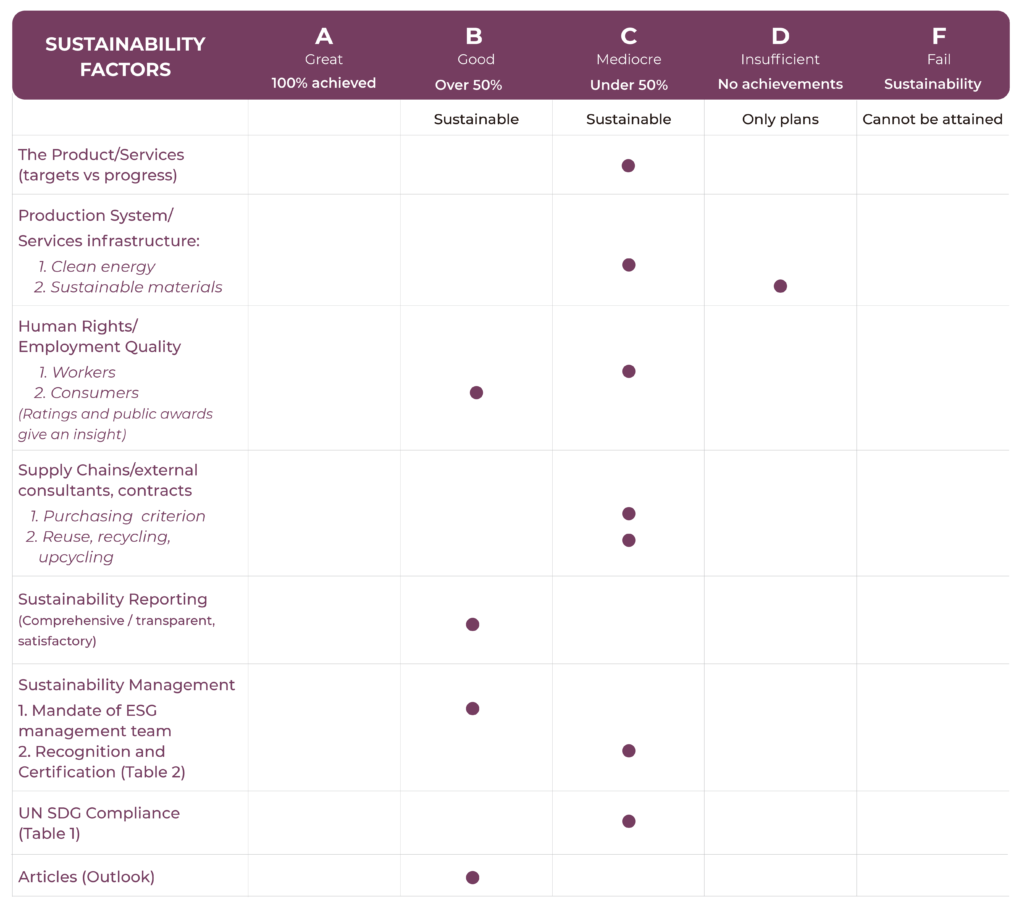
Lego Company Activity
The LEGO Group is a Danish toy production company based in Billund, Denmark. It was founded in 1932. It manufactures Lego-brand toys, consisting mostly of interlocking plastic bricks. The company began manufacturing the interlocking toy bricks in 1949. Movies, games, competitions and eight Legoland amusement parks have been developed under the brand. As of July 2015, 600 billion Lego parts had been produced.
Lego Sustainability Activity - As per company declarations
LEGO divides their sustainability work into three cross-organisational impact areas – Children, Environment and People – each with their own distinct set of commitments and activities. By children, LEGO means that they aim to bring children together to play by engaging them in the local community activity. The company also supports those affected by crises, natural and human induced, working with UNICEF. On the environment front, the company focuses on sustainable materials and packaging, waste, and reducing their CO2 impact. Finally, LEGO aims to create an inclusive and safe work environment with their Responsible Business Principles.
Other initiatives include, designing new offices to receive LEED Gold certification, continue to be 100% balanced by renewable energy which means that the energy generated from renewable sources is equal to, or more than, the energy used at Group’s locations.
Certificate & Labels, Standards and Frameworks
- Forest Stewardship Council (FSC™C117818)
- ISO 14001 Environmental Management System – all production sites
- ISO 50001 Energy Management System – China
Lego in the news: Press Reviews and Social Media
Lego Group reports strong full-year sales rise – and plans to continue investing in digital and for a sustainable future – 08 March 2022
LEGO is to phase in sustainable packaging, replacing single-use plastic following trials, from mid-2022 as it targets a 2025 deadline to shift to sustainable packaging. It has also unveiled a prototype brick made from recycled plastic bottles, while investing in renewable energy, including a 98% increase in the solar capacity of its factories.
Toymaker Lego assembles record results – 08 March 2022
LEGO is looking to phase out materials based on fossil fuels, first from its packaging and then from the actual Lego bricks, as well as investing heavily in content that bridges the gap between the digital experience and physical play.
Lego Invests $1B to Design a Carbon Neutral Facility – 23 June 2022
LEGO announced plans to invest more than $1 billion to build a new factory in Chesterfield County, Virginia. The factory will be designed to operate as a carbon-neutral facility, and 100% of its day-to-day energy needs will be matched by renewable energy generated by an onsite solar park. The site will also be designed to minimise energy consumption and use of non-renewable resources.
Highlights from Lego Sustainability Report
Achievements
- Invested in renewable energy and expanded solar panel capacity at its factories by 98% (compared to 2020)
- Achieved an ‘A’ leadership status in this year’s CDP climate change questionnaire, up from ‘A-‘ in 2020, this is the sixth consecutive year
Weaknesses and Setbacks
- Failed to reach the following targets
- Reach more than 1 million Parents with Learning through Play training
- Reduce water consumption by more than 5% compared to the previous year
- GHG emissions went up in 2021, due to increase demand for products, and a lack of running more efficient operations
- 100% of scheduled on-site audits for monitoring, assessing and remediating non-conformities in the supply chain were completed
Targets vs Progress Reported
| Target | Results reported |
|---|---|
| Children | |
| Reach more than 3.5 million children by Local Community Engagement activities in 2021 | - 3,513,924 children reached by Local Community Engagement activities in 2021 |
| Reach more than 1 million Parents with Learning through Play training | - 625,922 Parents reached with Learning through Play training |
| Reach 100,000 children through Build the Change activities (see SDG 4) | - In total, LEGO reached 169,049 children through their Build the Change activities in 2021 |
| Aim to reach 1.5 million families in the U.S., and expand the programme to three additional countries, reaching a further 500,000 families | - Distributed 613,050 kits to care providers in 2021 |
| Environment | |
| LEGO® bricks from more sustainable sources by 2030 | - Tested over 250 variations of PET plastics and developed a prototype solution, patent-pending material - Joining forces with suppliers, research institutions and other industries to develop these new materials - Half of all LEGO sets are designed to contain at least one plant-based elements |
| Increase sustainability packaging materials to 90% | - 93% of package materials is sustainable |
| Science based target to reduce absolute carbon emissions by 37% by 2032 compared to a 2019 baseline | - 21% reduction in carbon emissions in 2021 compared to 2019 - The carbon inventory follows the GHG Protocol Initiative is annually verified by an external party |
| To have the most carbon-intense suppliers committed to CDP in 2022 | - In June 2021, hosted first Sustainability Supplier Summit and sought support from our suppliers to set their own science-based targets - Increased the number of suppliers committed to the CDP carbon disclosure system to 80 in 2021, up from 60 in 2020 |
| Zero waste to landfill - which means that no waste from any LEGO factory, office or owned and operated store - by 2025 | - Reduced landfilled waste by more than 70% compared to 2020, with 115 tonnes of waste going to landfill in the past year - 92% of the waste was recycled |
| Reduce water usage by 10% by the end of 2022 compared to a 2019 baseline | - Water consumption in 2021 was 8.8% lower than 2020 |
| People | |
| Increase motivation and satisfaction to over 74 (index score) | - 83 index score for motivation and satisfaction |
| Over 39% of Females at Director levels or above | - 40% of Females at Directors levels or above |
| Below 0.9% of lost time injury rate | - 0.4% of lost injury time |
| Below 38% of suppliers with higher risk non-conformities | - 25% of suppliers with higher risk non-conformities |
| 100% of scheduled on-site audits for monitoring, assessing and remediating non-conformities in the supply chain were completed | - 92% of scheduled on-site audits for monitoring, assessing and remediating non-conformities in the supply chain were completed |
UN SDGs Compliance Analysis
Progress made toward SDG targets
As reported by Lego
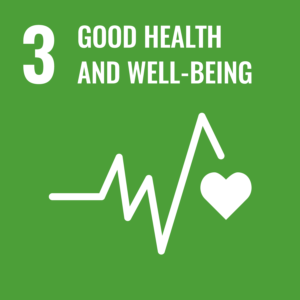
- In collaboration with UNICEF, they developed an internal D&I Playbook to understand and avoid harmful stereotypes that impact children’s wellbeing
- Work with the Geena Davis Institute on Gender in Media and UNICEF to ensure LEGO products and marketing are accessible to all and free of gender bias and harmful stereotypes
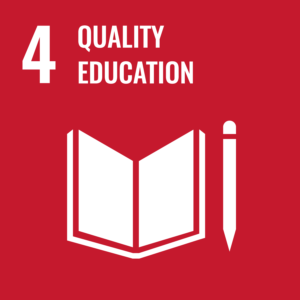
- Build the Change program to provide young people with quality learning through play experiences; to mobilise young people on sustainability issues and lastly; to give them a platform to share their ideas for a better future

- Females at director+ levels increased by 2%
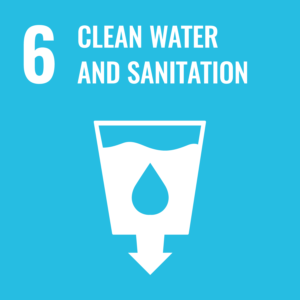
- 5.3% reduction in water usage
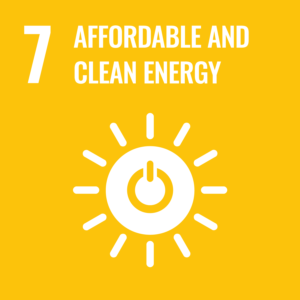
- They invested in renewable energy and expanded solar panel capacity at their factories by 98%

- 97% of LEGO owners keep or share their bricks, passing them on to friends or family, from one generation to the next.
LEGO Replay:
- Since the launch of LEGO Replay in 2019 in the U.S., and in 2020 in Canada, 652,727 lbs (296,072 kg) of LEGO bricks have been donated to the programme. This has extended the creative life of approximately 133 million bricks, exceeding a milestone of reaching 100,000 children in North America.
E-commerce packaging:
- Removing single-use disposable plastic, such as the air pillows and the tape to close the boxes, have been replaced in Europe with recyclable paper certified by the Forest Stewardship Council® (FSC-C117818)
- In 2022, this will extend to more markets with the ambition to remove single-use plastic in all e-commerce shipments by 2025.
Bags in LEGO boxes:
- In 2021, the company completed a successful pilot project to test paper-based bags certified by the Forest Stewardship Council® (FSC-C117818), and will begin to introduce the new paper based bags in LEGO boxes in 2022.

- They strengthened their programmes to build supplier capability in mitigating human rights risks and reducing the carbon footprint in their supply chain, which aligns with their science-based target to reduce absolute carbon emissions by 37% by 2032 (vs 2019 baseline)
- 69% decrease in waste to landfill
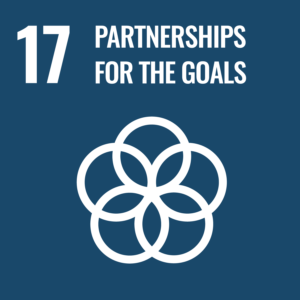
- Joining forces with UNICEF for children
- In a three-year partnership with the ChenShan Botanical Garden in Shanghai, we are giving 10,000 children the possibility to learn about nature through Build the Change
- Partnership with United Nations Women’s Empowerment Principles (WEPs) committing to advance gender equality in workplace, marketplace and community
Sustainability Certificates, Awards and Listings
